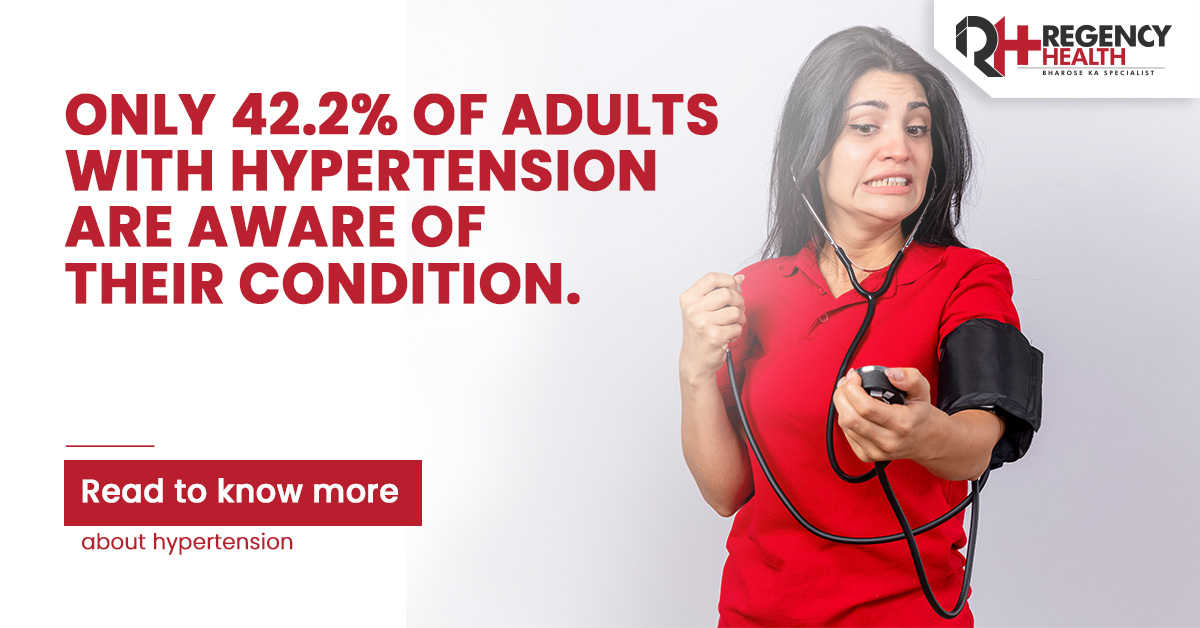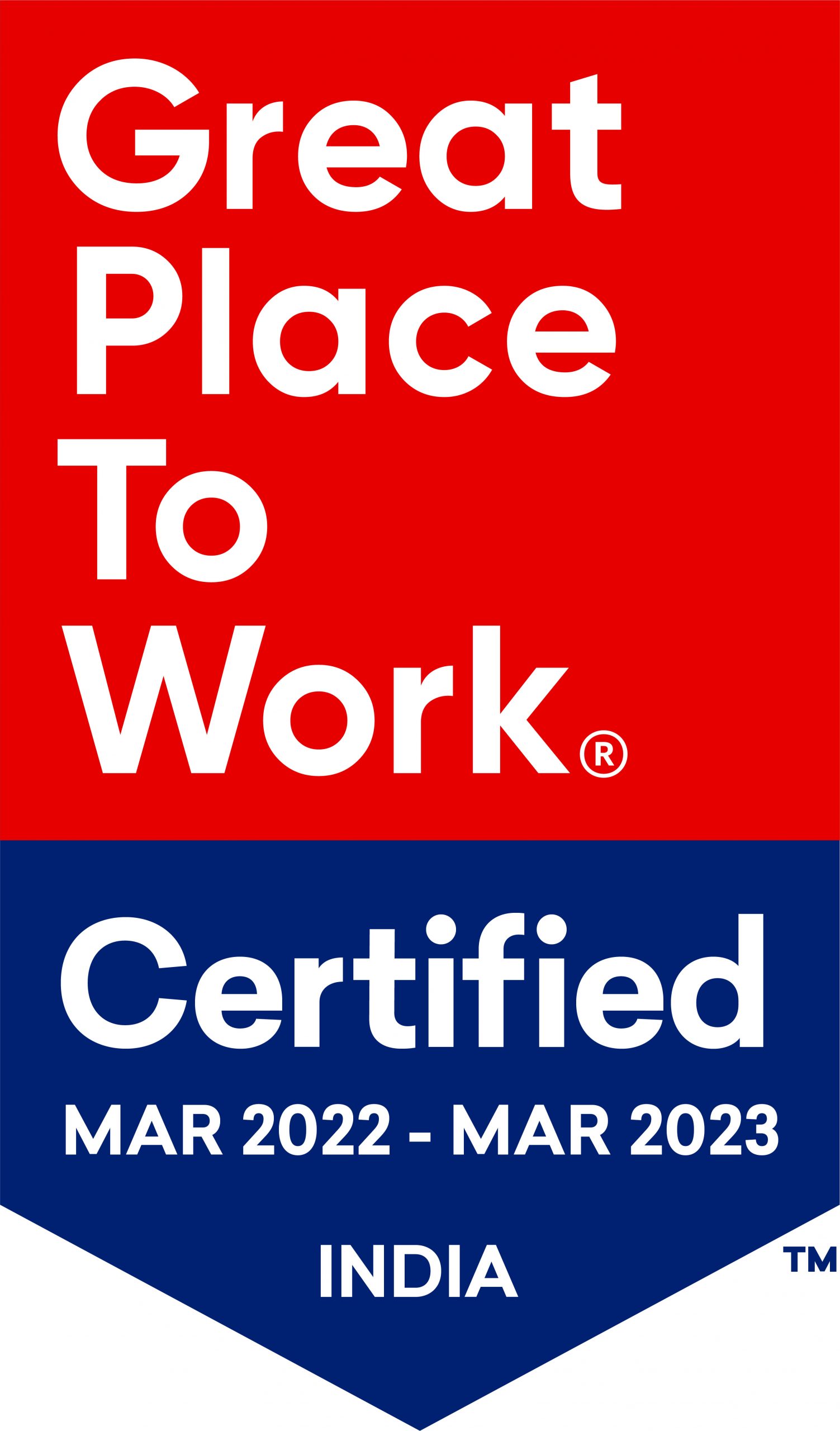
What is Hypertension?
Hypertension is a condition where the force of your blood flow against the walls of your arteries is extremely high leading to several health complications. Uncurbed high blood pressure can increase your chance of developing major medical issues such as heart failure and mitral valve abnormalities. Nearly 1 billion individuals worldwide are currently affected by high blood pressure. The World Health Organisation’s (WHO) recent reports suggest that this number may increase to almost 1.57 billion by 2025.
What Causes Hypertension?
Poor or unhealthy habits, including unhealthy diet, sedentary lifestyle, ongoing stress or pressure, a history of high blood pressure in the family, and obesity (a high BMI), are some of the triggers that cause high blood pressure. Some of the key risk factors of hypertension include:
- Consuming food with high-fat content
- Consuming too much salt in a regular diet
- Excessive drinking and smoking
- Dormant lifestyle
- Stress
- Potassium deficiency in the body
Hypertension Symptoms
The majority of patients might not display any major symptoms even when blood pressure readings are at dangerously high levels. Years may pass without you showcasing any key signs of hypertension.
Some common symptoms observed in people suffering from high blood pressure are:
- Acute headaches
- Difficulty in breathing
- Abnormal heartbeat
- Chest pounding
- Vision Issues
- Nosebleed
- Constant tiredness
- Chest pain
- Sweaty ears and neck
Diagnosis of Hypertension
Your doctor will examine you, inquire about your medical history, and look for any signs of high blood pressure. Your healthcare provider may also use a stethoscope, to understand your heart rate.
In a blood pressure checkup, a cuff is firmly wrapped around your arm. The cuff is then inflated using a pump to get an accurate reading of your blood pressure.
Your blood pressure should be examined in both arms to look for differences. After that, you should use the arm with the higher reading.
Millimeters of mercury, or mm Hg, is the unit used to measure blood pressure. The reading of your blood pressure is signified by two numbers.
Systolic pressure is the first value that is higher and represents the pressure created by the heartbeat in the arteries.
Diastolic pressure is the bottom number of the reading. The pressure in the arteries between heartbeats is measured by the second, or lower, number.
Hypertension Treatment
Adapting a healthy way of life can help you manage and control high blood pressure. Your doctor will advise you to adopt new lifestyle practices which include:
- Consuming a salt-free, heart-friendly diet
- Regular exercise
- Weight reduction in case you are overweight
- Cutting alcohol intake
- Not smoking
- Sleeping 7 to 9 hours every day
Sometimes modifying one’s lifestyle is insufficient to control hypertension. If these changes are ineffective, your doctor might suggest taking hypertension medications.
The sort of medication used to treat hypertension depends upon both the severity of the condition as well as your general health. Often, two or more blood pressure drugs are more effective than one. Finding the correct drug or the drug combination that works best for you can take some time.
Knowing your target blood pressure is crucial while taking blood pressure medication. You should strive to keep your blood pressure under 130/80 mm Hg if:
- You’re a 65-year-old or older healthy adult.
- You have a 10% or higher risk of acquiring cardiovascular disease as a healthy adult under the age of 65.
- You have diabetes, coronary artery disease, or chronic kidney disease.
The optimal blood pressure goal can vary with your age and health situation especially if you’re above 65 years of age.

 Call-an-Ambulance
Call-an-Ambulance



